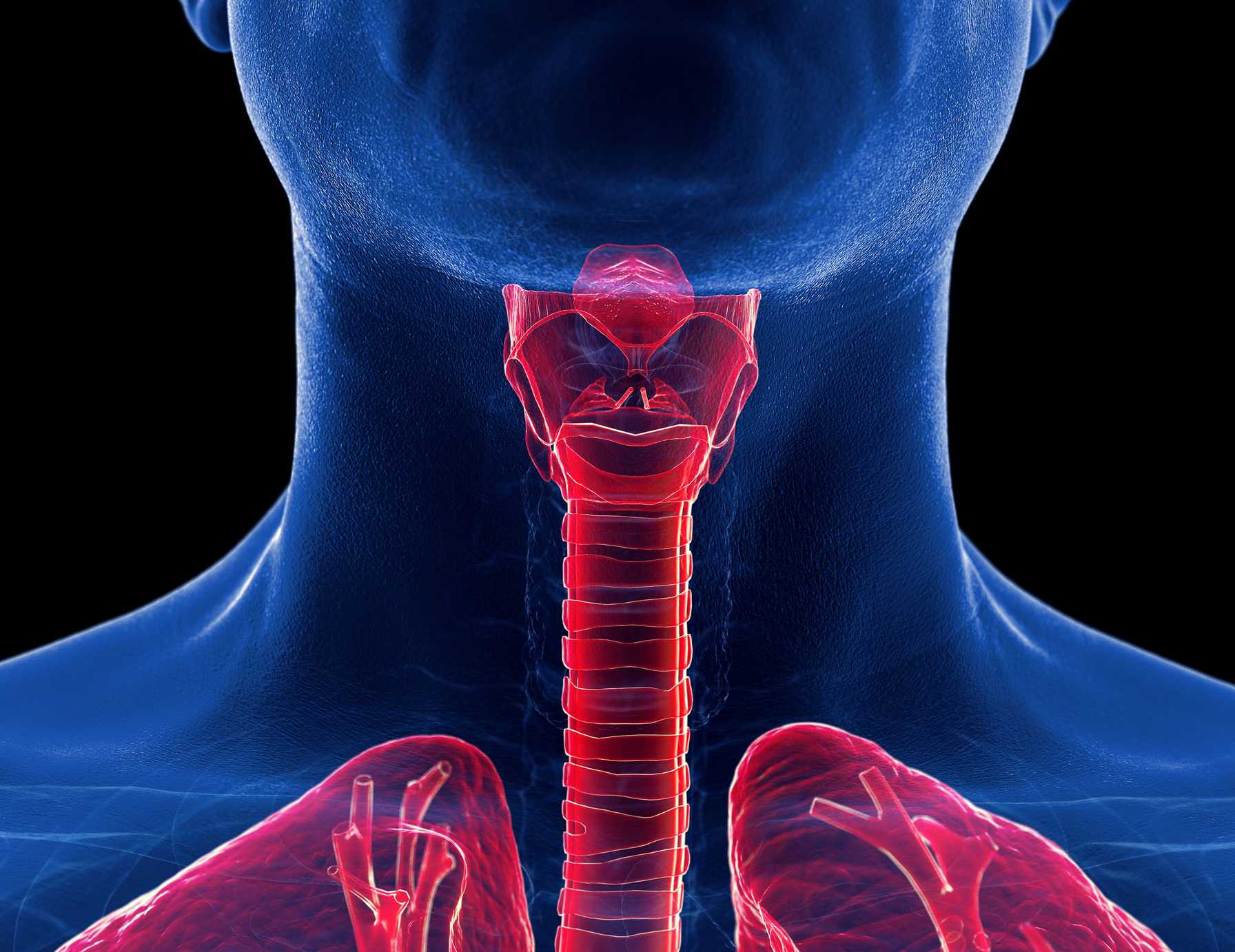HIGHLIGHTS
New Hands-On Workshops Prepare Anesthesia Providers to Conduct Emergency Airway Procedure
The Department of Anesthesiology’s Difficult Airway Response Team is conducting a series of workshops for all anesthesia providers and trainees to augment their confidence in performing Emergency Front of Neck Access (eFONA) procedures. Though these procedures are rarely performed, they are lifesaving for patients who have difficult anatomy or pathology that makes it challenging for providers to safely access the airway.
The eFONA Workshop initiative was conceptualized by Attending Anesthesiologists Drs. Se-Chan Kim, Michael Kitz, Post-Anesthesia Care Unit Director Michael Kiyatkin, and Vice Chair of Quality Improvement Philipp Fassbender. Dr. Kim joined Montefiore Einstein in the spring of 2024 from Markgröningen Orthopedic Hospital in Germany. He had introduced the surgical eFONA at his previous institutions including the University Hospital Bonn (Germany), where he saw the importance of all anesthesiologists being comfortable performing surgical eFONA procedures – specifically those that are performed using the scalpel and bougie method.
Also known as a cricothyroidotomy, the eFONA procedure is regarded as a last resort method to preserve the patient’s airway access in cases where the patient cannot be intubated, ventilated using bag-valve-mask ventilation, or a supraglottic airway device. The eFONA procedure can be performed two ways; most anesthesiologists are more familiar with the technique that utilizes a guidewire, a technique they most often use for central venous access. However, studies have shown that this approach is slower and more prone to failure than the surgical eFONA using scalpel and bougie. The Difficult Airway Response team has thus been teaching the surgical method to faculty, fellows, residents, and nurse anesthetists during the eFONA Workshops, which are being conducted at each Montefiore Einstein campus. The workshops present a hands-on opportunity for all anesthesia providers to practice the scalpel method using a mannikin.
“Our plan is to repeat the workshops every six months so everyone in the department can maintain their skills,” Dr. Kim explained. “eFONA has to be taught in a systematic fashion because this will come up in very stressful situations where there is imminent danger of losing the patient’s airway.”
In addition to Drs. Kim, Kitz, Kiyatkin, and Fassbender, the Difficult Airway Response Team includes Attending Anesthesiologist Dr. Bilal Tufail and Advanced Airway Fellow Dr. Hazim Babikir. Dr. Kitz is familiar with the lifesaving nature of the technique, as he has had to perform a cricothyroidotomy three times during his career. In these instances, the patients were being treated in the Emergency Room, the Neurological Intensive Care Unit, and on a regular post-surgical floor. While each patient’s situation varied, there was the commonality of the patients not being able to be intubated or ventilated due to challenging anatomy and/or pathology around the airway.
“No one wants to be in that scenario, but it did force me to use that skill and know how valuable it can be in certain situations,” Dr. Kitz said.
He explained that although the eFONA procedure is performed during an emergency, the procedure itself is safe to perform with the proper training. The sooner a cricothyroidotomy is performed, the less likelihood of permanent neurological damage and the best chance for a positive outcome, Dr. Kitz explained.
“It’s beneficial for everybody to attend the workshops and to get comfortable with this procedure, so they’re more comfortable doing it if and when the necessary time comes," Dr. Kitz said. “There is a famous phrase: ‘The hardest part about doing a cricothyroidotomy is deciding to do it,’ so hopefully this practice alleviates some of the anxiety that comes along with it.”
After this first round of eFONA Workshops, the Difficult Airway Response Team members are planning to organize multidisciplinary simulation workshops with the Department of Critical Care Medicine and the Department of Otorhinolaryngology. Dr. Fassbender added that the workshops are essential in order to enhance providers’ abilities to manage life-threatening airway emergencies.
“By ensuring all anesthesia providers are confident in performing this rare but lifesaving procedure, we are prioritizing patient safety and clinical readiness,” Dr. Fassbender said. “This initiative also aligns with our commitment to continuous learning and excellence in care, ensuring our team is fully prepared for even the most difficult situations.”
Patient referrals
At Montefiore Einstein Anesthesiology, we know providing patients with the best possible care includes teamwork and trust. We work closely with our valued referring physicians to ensure open communication and reliable expertise.

